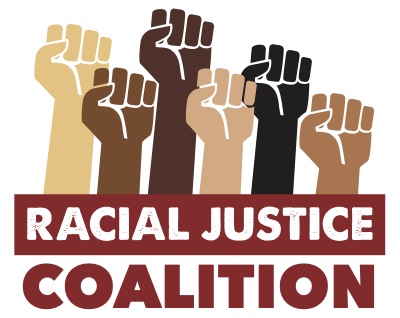Asheville became one of the first cities in the United States to embark upon a local reparations process in 2020. Here is a brief timeline of the process to date in Asheville and Buncombe County.
- 2020 – Reparations Resolutions were passed by the City of Asheville and Buncombe County.
- Both City and County apologized and committed to “make amends” for their “participation and sanctioning of the enslavement of Black people.”
- Both City and County apologized and committed to “make amends” for their “enforcement of segregation and its accompanying discriminatory practices.”
- Both City and County apologized and committed to “make amends” for their “participation in an urban renewal program that harmed multiple, successful black communities.”
- Both City and County committed to “establish a process within the next year to develop short, medium and long term recommendations to specifically address the creation of generational wealth and to boost economic mobility and opportunity in the black community.”
- 2021 – The City launches three-part speaker series, with two-hour sessions dedicated to the “past,” “present,” and “future.”
- 2022 – $2.1 million allocated by the City of Asheville as a down payment on future reparations. (The County also allocated $2 million the following year.) The City also hired a firm to oversee the Community Reparations Commission process.
- 2022 – The Community Reparations Commission (CRC) was formed, with twenty-five members, fifteen chosen by “impacted neighborhoods,” including Burton Street, East End/Valley Street, Shiloh, Southside, Stumptown, Heart of Chestnut and public housing communities. Ten representatives were chosen directly by the City and County.
- In late 2022 the Reparations Commission recommended an audit to “Stop the Harm” of ongoing racism within the government by examining City and County practices. The audit was approved by City Council and County Commissioners in early 2023. In Summer 2023 the government selected Florida-based Carter Development Group to perform the audit, and the audit is expected to be completed in early 2024.
- 2023 – The CRC continues to meet, with proposals in development from five Impact Focus Areas (criminal justice, economic development, education, health and wellness, and housing). Final proposals will be presented later in 2023 or in 2024. You can read about the work they’ve done and are doing on this webpage maintained by the City of Asheville.
